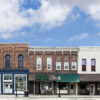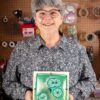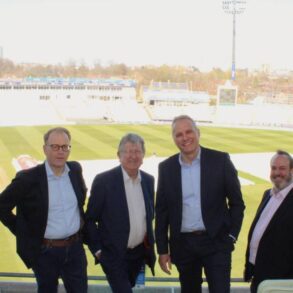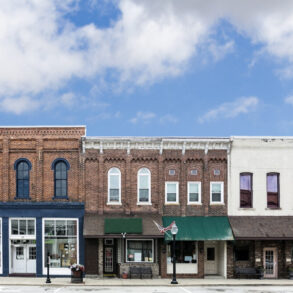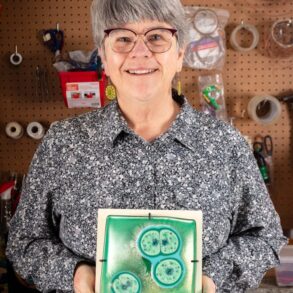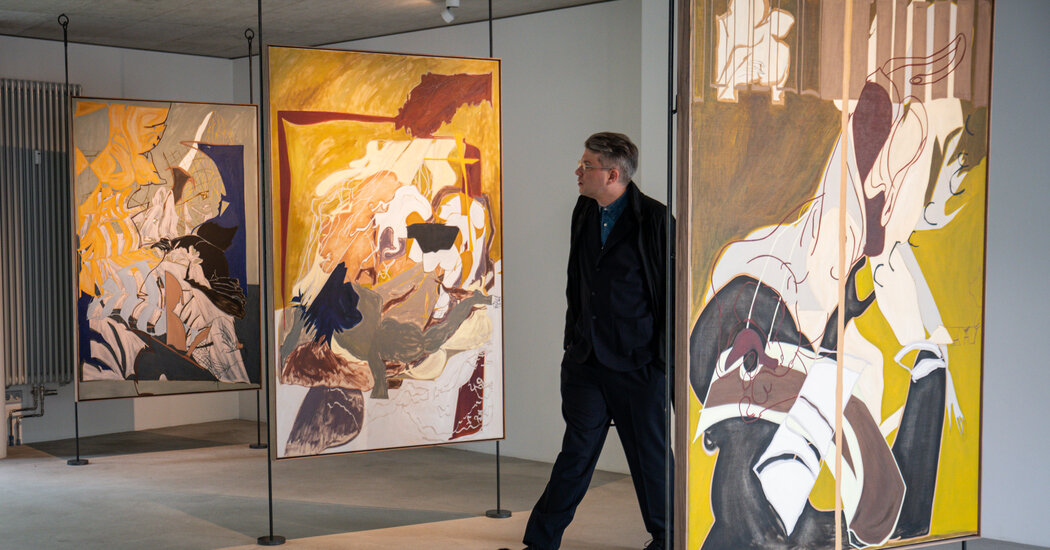
The annual event brings art collectors to the city, but the spirit of freedom that draws artists there has been damaged by the fallout from the Oct. 7 attacks.
Berlin’s international reputation as a liberal, relaxed city that nurtures artists’ freedom to express whatever they want is under threat. The art scene here has been roiled by protests, cancellations and boycotts after the Oct. 7 attacks in southern Israel, and many artists now say that a climate of fear has replaced the city’s anything-goes vibe.
But at the 20th edition of Gallery Weekend Berlin, the annual showcase for the city’s contemporary art dealerships that concluded Sunday, it was business as usual, with no sign of the clashes that have been shaking the cultural sector.
Those conflicts — between institutions funded by the German government, which has staunchly supported Israel, and artists wishing to show solidarity with Palestinians — were a frequent topic of conversation at the event’s 1,000-guest dinner in the spectacular Neue Nationalgalerie on Saturday. Yet few organizers or participants wanted to discuss the situation in interviews.
“We need to react with intelligence, not emotion,” said Esther Schipper, one of the three dealers who founded Gallery Weekend 20 years ago. Otherwise, like other participating dealers, she declined to comment on the discord in Berlin’s art world.
In 2005, Berlin was the first city to offer a formal program of coordinated gallery shows as an alternative to a commercial art fair. Initially, it featured 21 dealers; this year, there were 55. The idea has caught on and there are now more than 20 gallery weekends scattered across the globe, from Los Angeles to Dublin to Beijing.
This post was originally published on this site be sure to check out more of their content


